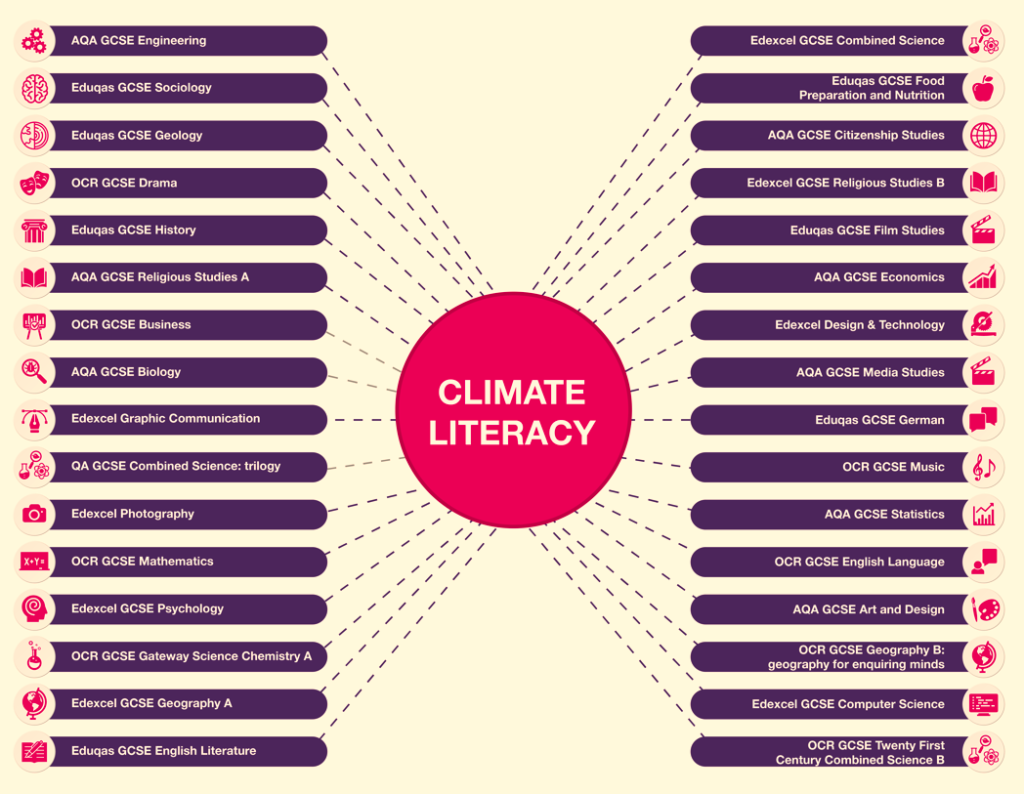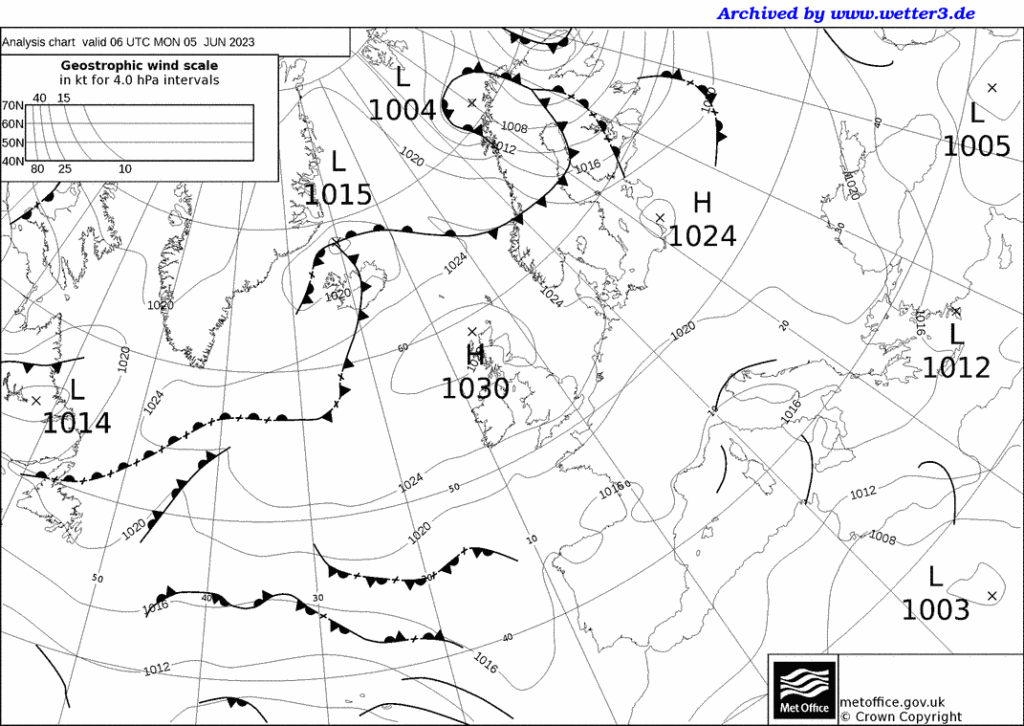In June 2023, we hosted an inspirational selection of speakers for our first virtual careers day for all those considering a career in weather, climate or climate change.
If you are choosing which A level or Higher subjects to take, or starting to look at undergraduate courses listen to these people from UK Universities, the Met Office and other employers of meteorologists speaking about their current work and how they got there, and exploring the best routes into meteorology.
Session 1: Kirsty McCabe, Weather Presenter and Meteorologist: Matthew Scholes, Undergraduate, Edinburgh University (Physics with Meteorology) : Thomas Breitburd, Undergraduate, University of Reading (Meteorology and Climate with a year in Oklahoma): Ravi Kotecha, Weather Risk Manager for UK Transport – DTN.
Session 2: Heather Corden, Postgraduate Student, Bern University (Climate Sciences): Esme Stallard, Climate and Science Journalist, BBC news : Dr Sarah Wilson Kemsley, Climatic Research Unit, University of East Anglia : Emily Dowd, Postgraduate Student, Leeds University
Session 3: Dr Hannah Bloomfield, Science Engagement Fellow – Insurance Industry, Royal Meteorological Society (and University of Bristol): Matthew Wright, Science Engagement Fellow – Energy Industry, Royal Meteorological Society (and University of Oxford): Hannah Findlay, Met Office Meteorological Advisor to the Independent Gritting Sector: Katie Hodge, Applied Scientist. Science for Impacts, Resilience & Adaptation Team – Met Office
Session 4: Routes into Meteorology including Dan Skinner, Science Engagement Fellow – Early Careers, Royal Meteorological Society (and University of East Anglia), Prof Sylvia Knight (Royal Meteorological Society) and Rebecca Griffiths, Tess Clegg, Lisa Tomkins and Claire Allerton from the Met Office.



